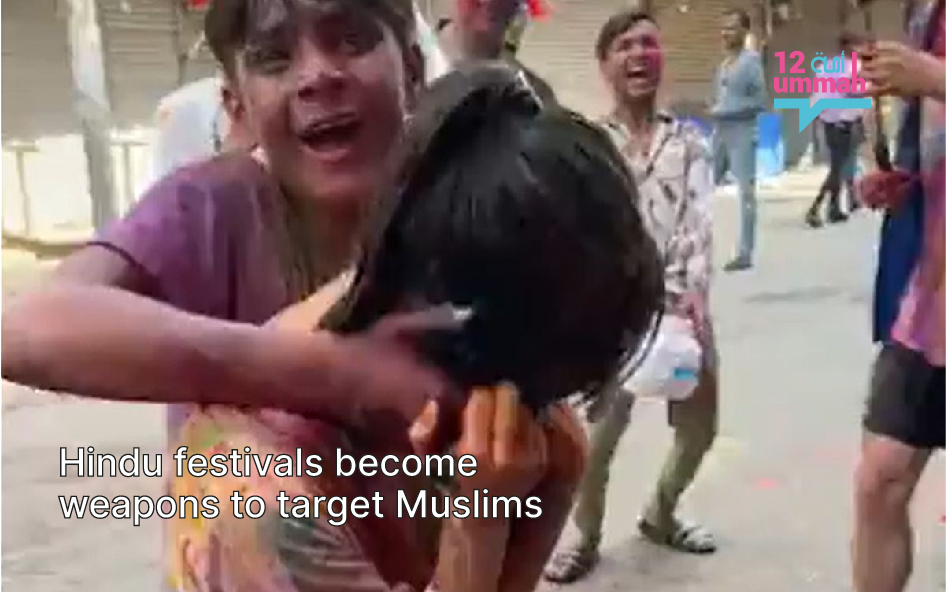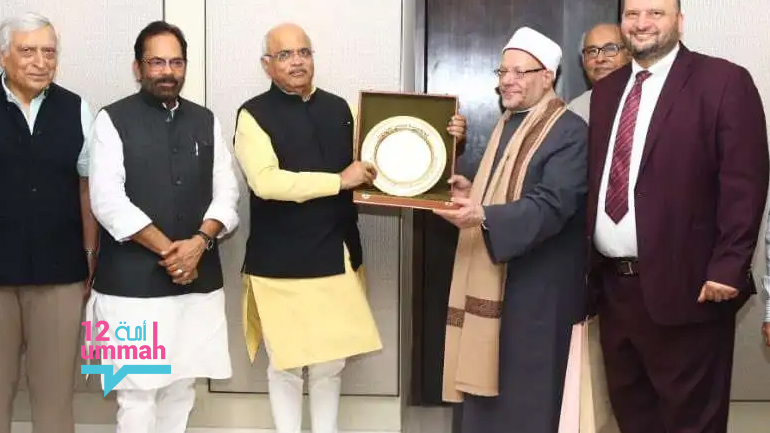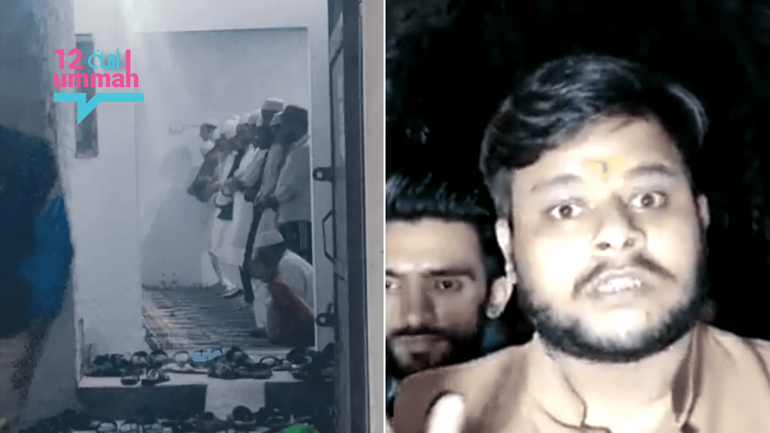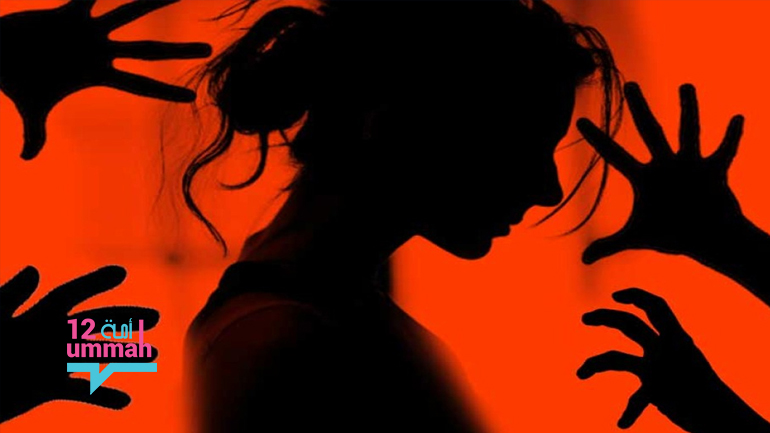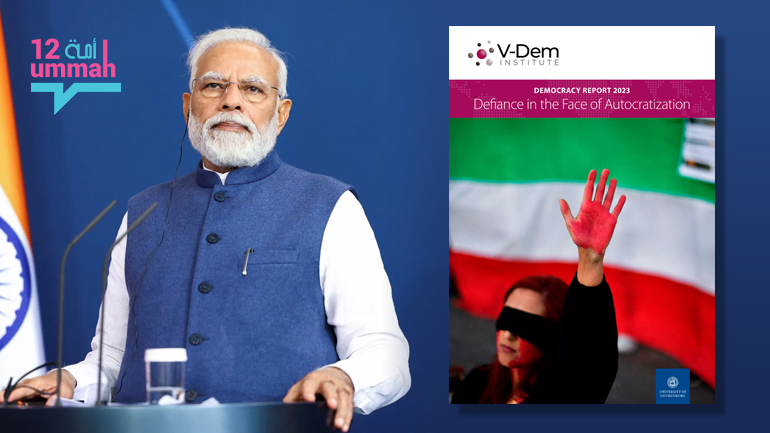HOME/POLICIES
COMPENSATION OR OFFICIAL VISIT, ALL FOR HINDUS – NO FOR MUSLIMS
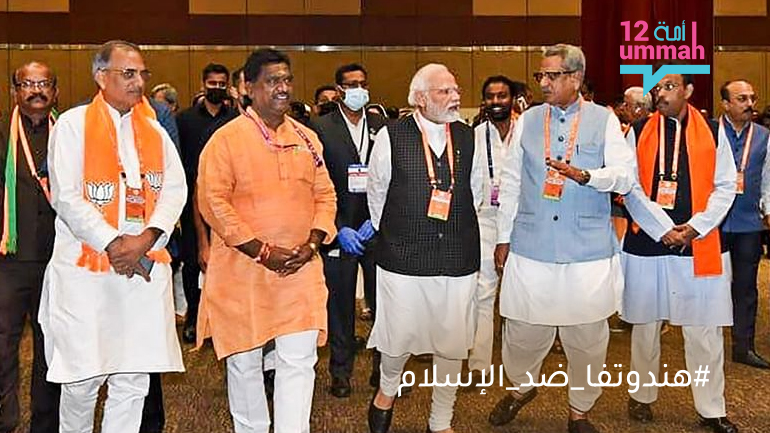
Discrimination against the followers of Islam is clear, open and visible among Hindutva followers in India. Be it is Prime Minister, Home Minister, Member of the Parliament, Police, Magistrate, Government officer.
In 2011 prior to he became prime minster, he refused to wear skull-cap in a gathering. Skull-Cap is the symbol of the practitioners of Islam, and Modi is clear in his decision that he’ll not wear anything that is associated with Islam.
In 2018 Prime Minister Narendra Modi met the Israeli 2008 Mumbai terror attack survivor boy Moshe, but he never visited any Muslim victim in India.
Despite the facts and figures, Prime Minister Modi thumps his chest that “Muslim countries love him” and there is no discrimination against Muslims in India.
The same hate against Islam is existing in entire Hindutva community.
Recently, Karnataka CM Basavaraj Bommai has showcased open discrimination against Muslims by visiting the family of the slain BJP member Praveen Nettaru and handing over a cheque of Rs 25 lakh from the state government relief fund, while not providing similar assurances to the families of Masud and Fazil who were also brutally hacked to death.
Unlike in Nettaru’s case, where the chief minister and many other ministers visited his family and provided monetary help, Masud’s family received no such assurances from the CM.
Hate against the followers of Islam is on study raise since Narendra Modi came to power in 2014.
According to Amnesty International, the pattern of hate crimes committed against Muslims with seeming impunity – many of them in states where the Bharatiya Janata Party is in power. Unfortunately, both the Prime Minister and various Chief Ministers have done little to show that they disapprove of this violence,” said Aakar Patel, Executive Director, Amnesty International India.
Do Muslim majority countries really ‘love Modi’? The real picture, however, is far more unflattering, to put it mildly.
To answer above question, The Print took a closer look, and identified there is a pattern in Muslim majority countries’ relations with Modi’s India.
The Muslim majority countries, which are relatively democratic, or at least where foreign policy is responsive to public opinion, have taken a clear stand against Modi’s perceived anti-Muslim policies. The more autocratic countries, which have more room to manoeuvre in terms of purely pursuing strategic interests, and ignoring Modi’s human rights record, have chosen to either stay silent or actively fete Modi.
In fact, in many parts of the Muslim world, Modi appears to be the most intensely disliked.
It would be safe to say that the perception of the ‘Muslim ummah’ of India under Modi is increasingly of a country rife with anti-Muslim prejudice and violence.
Disclaimer: The views expressed here are those of the original authors and do not necessarily represent or reflect or endorsed by the management, committee, donors or other partners of 12ummah.com
Source: The Print | Times of India | Economic Times




.jpg)







